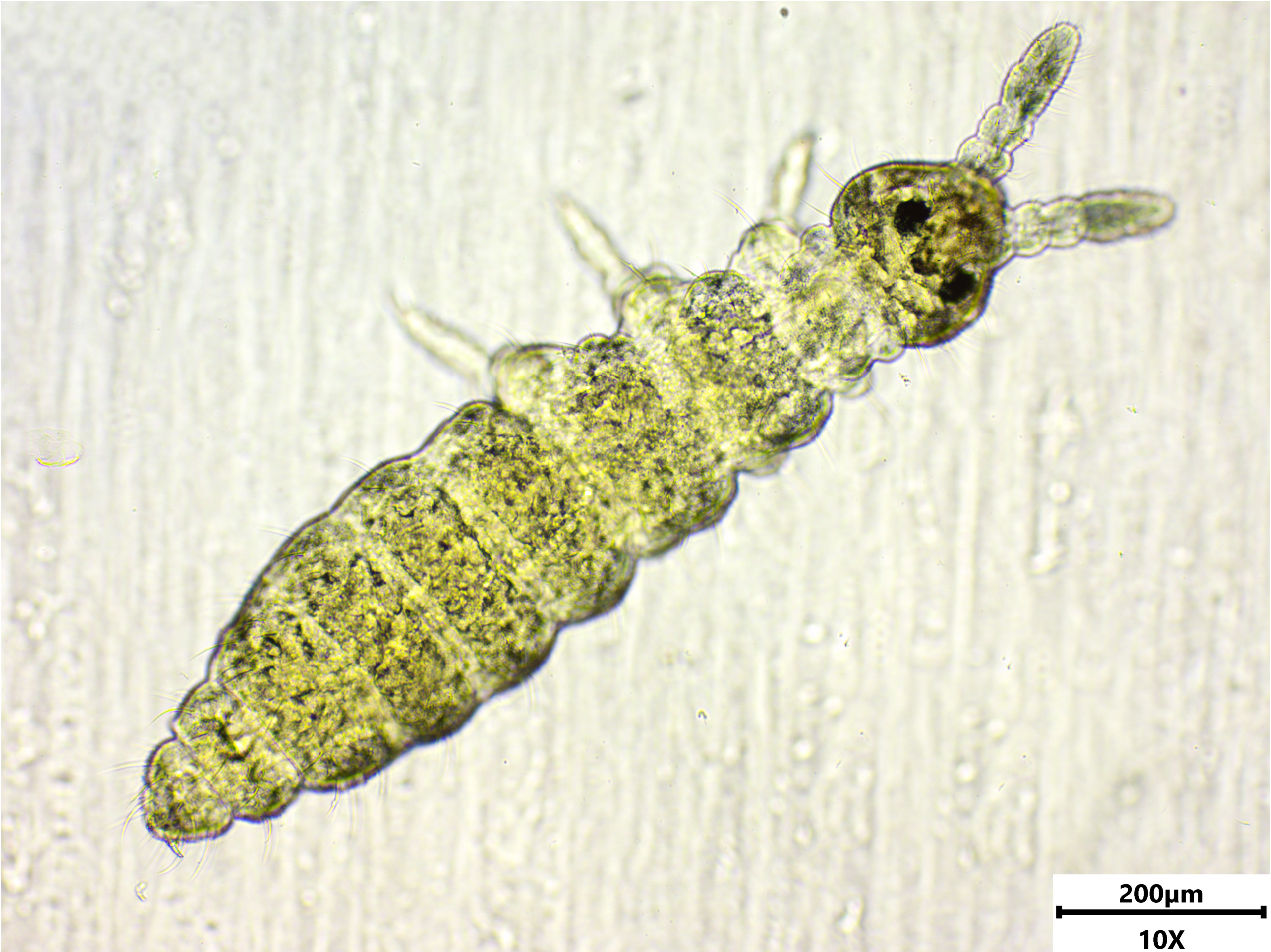Kiwrike Bagratuni, who was in the city of Lorhe spent his entire life fighting against the Georgians to preserve the stability of his patrimony. After his death, his sons Dawit' and Abas, deceived by the Georgians, left the home [g151] of their ancestors and went over to the Iranians. They received from the Iranians as hereditary property [the cities of] Tawush, Matsnaberd and other places. Subsequently the Iranians took Tawush from them and they resided in Matsnaberd. Then Dawit' and Abas passed away. Kiwrike succeeded his father Dawit'. He was a mild man, accomplished in virtuous deeds; more so than his father. Passing from this world [117] in goodness, he left as heir his small son Abas, who was twelve years old. He took as a wife Nana, the daughter of the pious prince Sargis son of Zak'aria, son of Vahram, sister of the great princes Zak'are and Iwane. Their deeds were many, as we shall note in the proper places. After living with his wife for two years, Abas died at the age of nineteen. He had no son from this wife.
As soon as his sister Balrina saw that their line was extinct she fell into inconsolable mourning. They told her: "There is one woman who has a suckling baby from your brother." Balrina was delighted. She took the lad, nourished him, and named him [g152] Aghsart'an. He became the heir of Matsnaberd, and was a pious man who loved the priests. Aghsart'an was living in our time, though in old age his feet pained him. [Further text doesn't fit in this descr.]

![Kiwrike Bagratuni, who was in the city of Lorhe spent his entire life fighting against the Georgians to preserve the stability of his patrimony. After his death, his sons Dawit' and Abas, deceived by the Georgians, left the home [g151] of their ancestors and went over to the Iranians. They received from the Iranians as hereditary property [the cities of] Tawush, Matsnaberd and other places. Subsequently the Iranians took Tawush from them and they resided in Matsnaberd. Then Dawit' and Abas passed away. Kiwrike succeeded his father Dawit'. He was a mild man, accomplished in virtuous deeds; more so than his father. Passing from this world [117] in goodness, he left as heir his small son Abas, who was twelve years old. He took as a wife Nana, the daughter of the pious prince Sargis son of Zak'aria, son of Vahram, sister of the great princes Zak'are and Iwane. Their deeds were many, as we shall note in the proper places. After living with his wife for two years, Abas died at the age of nineteen. He had no son from this wife.
As soon as his sister Balrina saw that their line was extinct she fell into inconsolable mourning. They told her: "There is one woman who has a suckling baby from your brother." Balrina was delighted. She took the lad, nourished him, and named him [g152] Aghsart'an. He became the heir of Matsnaberd, and was a pious man who loved the priests. Aghsart'an was living in our time, though in old age his feet pained him. [Further text doesn't fit in this descr.]](https://cdn.masto.host/scholarsocial/media_attachments/files/115/408/811/552/754/420/original/c451b6ae659f7bd4.png)
